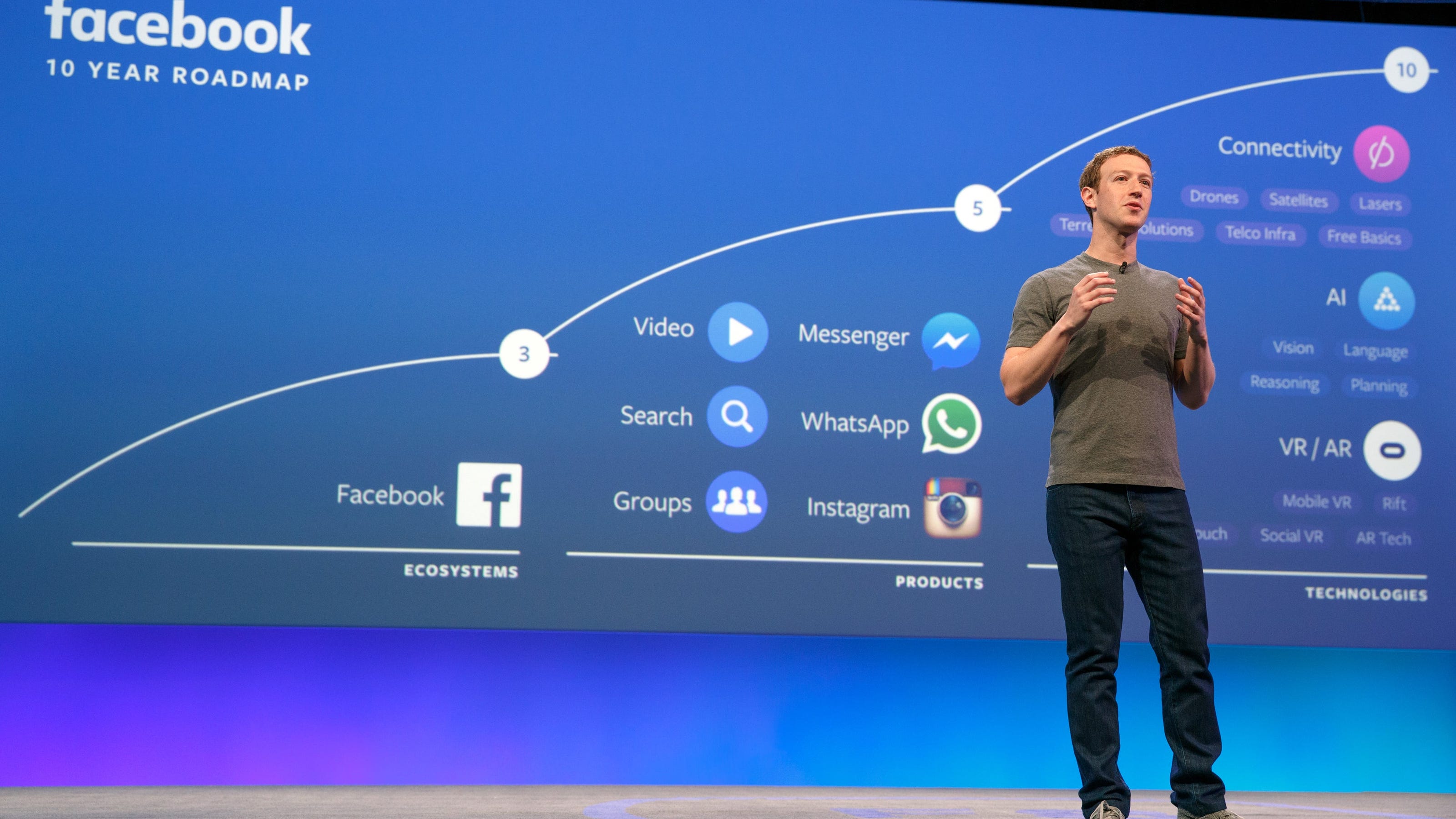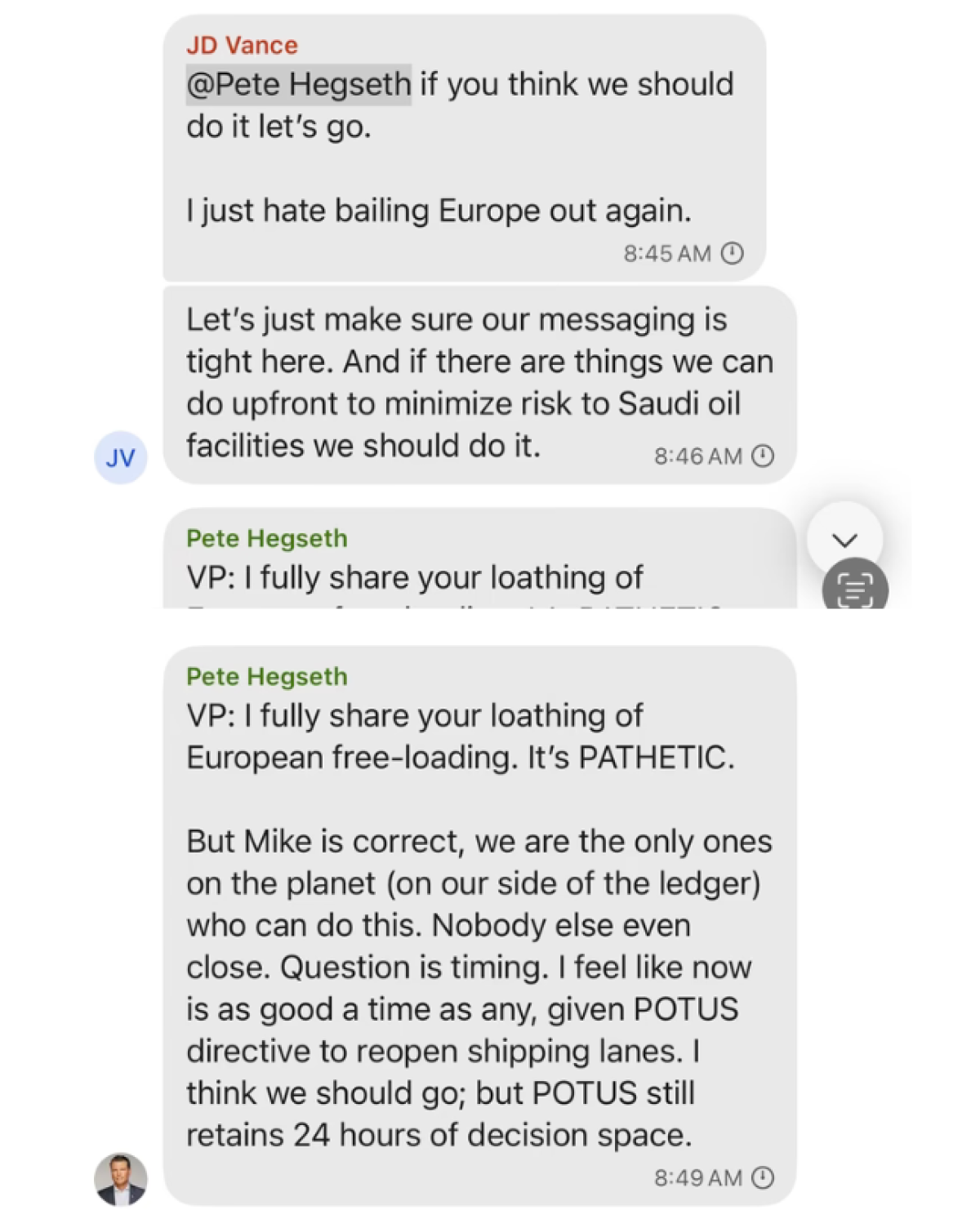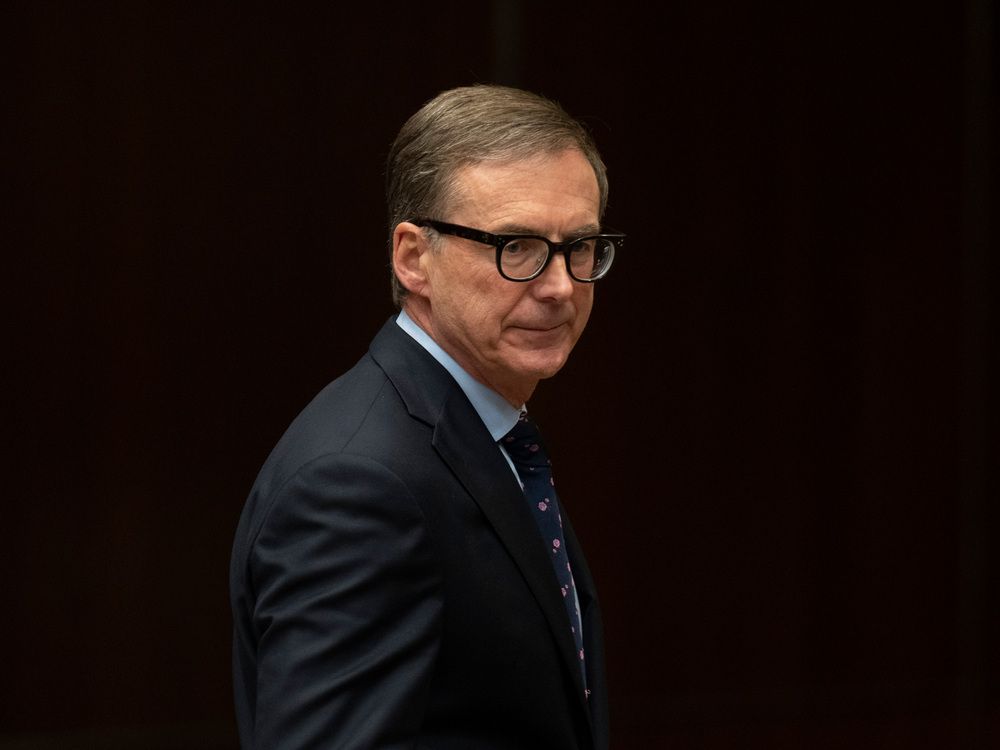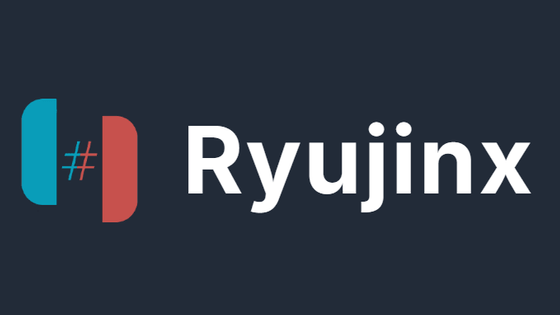Mark Zuckerberg's Challenges In The Age Of Trump

Table of Contents
The Rise of Misinformation and Political Polarization
Trump's presidency amplified pre-existing issues on Facebook, exacerbating the spread of misinformation and deepening political polarization. His frequent use of social media, often employing inflammatory rhetoric, created a fertile ground for the dissemination of fake news and conspiracy theories. This environment fostered echo chambers and filter bubbles, reinforcing partisan views and hindering constructive dialogue.
- Increased spread of fake news and conspiracy theories: The platform became a breeding ground for unsubstantiated claims and deliberately misleading narratives, often targeting specific demographics or political opponents.
- Echo chambers and filter bubbles reinforcing partisan views: Algorithmic biases contributed to users primarily encountering information confirming their pre-existing beliefs, limiting exposure to diverse perspectives and fueling polarization.
- Foreign interference in elections via social media platforms: Facebook faced intense scrutiny regarding its role in foreign interference campaigns, particularly during the 2016 US presidential election, highlighting vulnerabilities in its security and content moderation systems.
- Difficulty in moderating content without appearing biased: Facebook struggled to strike a balance between free speech principles and the need to curb harmful content, facing accusations of bias from both sides of the political spectrum whenever it took action.
These challenges exposed the ethical dilemmas inherent in content moderation on large social media platforms, prompting ongoing debates about the responsibilities of tech companies in managing the spread of misinformation and harmful content. The difficulty in defining and removing misinformation while avoiding censorship became a major hurdle for Zuckerberg and Facebook.
Increased Scrutiny and Government Regulation
The Trump era brought intensified government scrutiny of Facebook, both domestically and internationally. This scrutiny stemmed from concerns regarding misinformation, election interference, data privacy, and monopolistic practices.
- Congressional hearings and investigations into Facebook's practices: Zuckerberg himself faced intense questioning before Congress, highlighting the increasing pressure on tech companies to be accountable for their actions.
- Growing calls for stricter regulation of social media companies: The debates around Section 230 of the Communications Decency Act, which shields social media platforms from liability for user-generated content, intensified, reflecting a broader push for increased regulation.
- Antitrust concerns and debates over monopolies: Facebook's dominance in the social media landscape fueled antitrust concerns and debates about the potential harms of unchecked monopolies.
- Data privacy issues and concerns around user data protection (GDPR, etc.): The Cambridge Analytica scandal, which involved the misuse of user data, further intensified concerns about Facebook's data privacy practices and led to stricter regulations like the GDPR in Europe.
These regulatory pressures significantly impacted Facebook's operations and strategic decisions, forcing the company to invest heavily in content moderation, security, and compliance, impacting its profitability and long-term strategy.
Navigating Political Pressure and Public Backlash
Mark Zuckerberg faced intense political pressure from both the left and the right. He was accused of bias and censorship regardless of the actions Facebook took, highlighting the difficulty of maintaining a neutral stance on politically charged issues.
- Accusations of bias and censorship: Decisions regarding content moderation were frequently criticized, with accusations of either suppressing conservative voices or allowing the spread of misinformation to run rampant.
- Backlash from users concerned about data privacy and manipulation: The Cambridge Analytica scandal, along with other data privacy breaches, led to widespread distrust among users and calls for greater transparency and accountability.
- Challenges in maintaining a neutral stance while dealing with politically charged content: The inherently political nature of much of the content on Facebook created an almost impossible situation for Zuckerberg, forcing him to make difficult decisions with significant potential ramifications.
- Damage to Facebook's reputation and brand image: The accumulated negative publicity significantly damaged Facebook's reputation, impacting its ability to attract and retain users and advertisers.
This public backlash had a tangible impact on Facebook's user base, advertising revenue, and overall brand perception. The company had to actively work to regain trust and demonstrate its commitment to addressing these issues.
The Impact on Facebook's Business Model
The challenges stemming from the Trump era significantly affected Facebook's financial performance and long-term business strategy.
- Decreased advertising revenue due to boycotts and stricter regulations: Advertisers became increasingly hesitant to associate their brands with a platform perceived as rife with misinformation and political controversy.
- Increased costs associated with content moderation and security: Facebook had to invest heavily in improving its content moderation systems and security measures to address the concerns raised during this period.
- Impact on user engagement and growth: The controversies surrounding Facebook led to a decline in user trust and engagement, impacting the platform's overall growth trajectory.
- Long-term implications for the social media landscape: The events of the Trump era have had lasting repercussions for the entire social media industry, leading to increased calls for regulation and a greater focus on ethical considerations.
Conclusion: Lessons Learned from Mark Zuckerberg's Challenges in the Age of Trump
Mark Zuckerberg's challenges in the age of Trump demonstrate the interconnectedness of misinformation, political polarization, and regulatory pressures facing major social media platforms. The period highlighted the difficulties in balancing free speech with the need to combat harmful content, the complexities of content moderation, and the increasing scrutiny of government and public opinion. The lasting impact on Facebook's operations, reputation, and the broader social media landscape underlines the need for ongoing dialogue and proactive measures to address these issues. Continue the conversation about Mark Zuckerberg's challenges and the future of social media regulation. Learn more about [link to relevant article/resource].

 Hegseths Signal Chats Military Plans Disclosed To Family
Hegseths Signal Chats Military Plans Disclosed To Family
 Economists React Unpacking The Bank Of Canadas Interest Rate Decision
Economists React Unpacking The Bank Of Canadas Interest Rate Decision
 Ryujinx Switch Emulator Development Ends After Nintendo Intervention
Ryujinx Switch Emulator Development Ends After Nintendo Intervention
 Ukraine Crisis Russia Launches Deadly Airstrikes Us Proposes Peace Plan
Ukraine Crisis Russia Launches Deadly Airstrikes Us Proposes Peace Plan
 Fighting Resumes In Ukraine Following Putins Easter Truce
Fighting Resumes In Ukraine Following Putins Easter Truce
